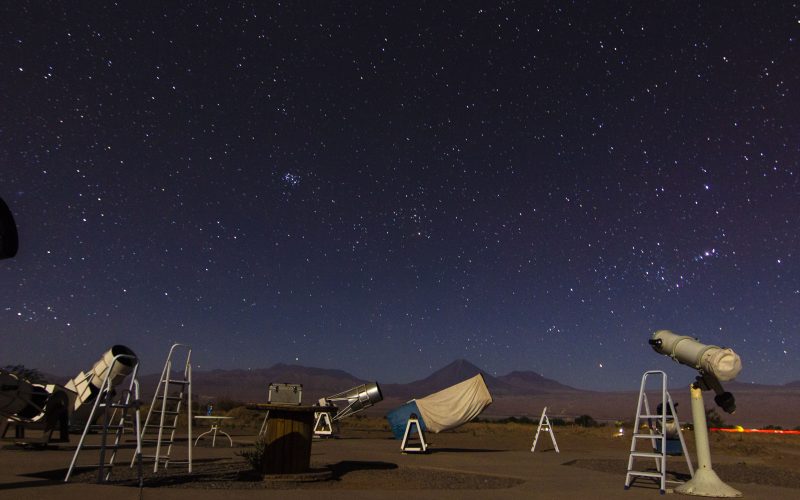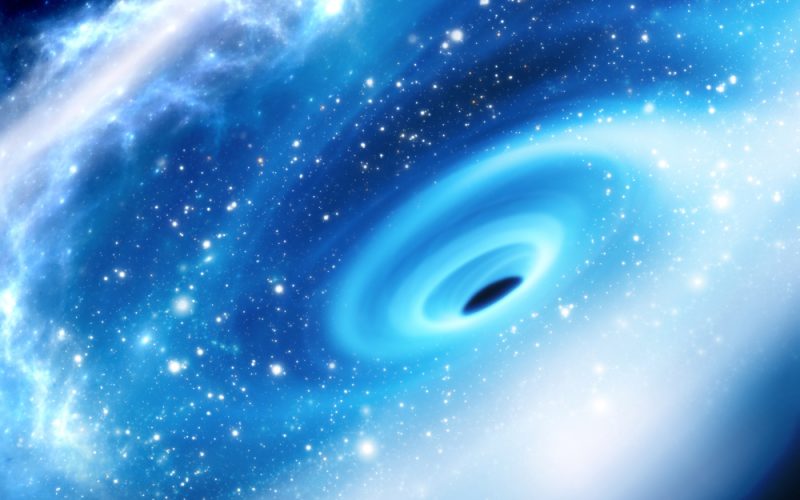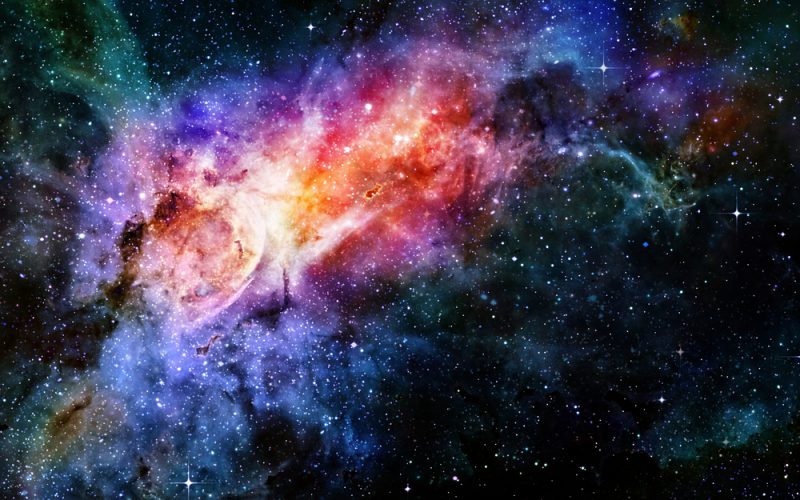Harry Cliff, a particle physicist based at the University of Cambridge, joins host Krys Boyd to discuss the reasons we only understand about five percent of what makes up the vast reaches of outer space.
Read more


Harry Cliff, a particle physicist based at the University of Cambridge, joins host Krys Boyd to discuss the reasons we only understand about five percent of what makes up the vast reaches of outer space.
Read more
Paul Halpern, professor of physics at St. Joseph’s University, joins host Krys Boyd to discuss the search for parallel universes and how scientists account for unmeasurable figures in their theories.
Read more
Science writer Sarah Scoles joins host Krys Boyd to discuss how psychologists want to study what factors into that high-stakes thinking.
Read more
Physicist Les Johnson discusses space propulsion and robotics, goals for reaching exoplanets and lessons in physics, all with the aim of traveling to the great unknown.
Read more
Hakeem Oluseyi joins host Krys Boyd to talk about his early life, when he struggled with inequality, poverty and addiction, and how he found his way out by studying the stars.
Read more
Laurie Winkless explains the fascinating world of surfaces that defines the world around us – from the products we use to our very own molecules.
Read more
This hour, we’ll get a better understanding of how light functions in the universe with Kim Arcand of NASA’s Chandra X-ray Observatory.
Read more
One hundred years ago this year, Albert Einstein published his general theory of relativity. But it wasn’t until physicists gained a better understanding of black holes 50 years later that the theory was widely taken seriously.
Read more
This hour, we’ll talk to SMU physicist Thomas E. Coan about his current study of neutrinos, which may help scientists explain the origins of matter and how the universe functions.
Read more
We’ll talk this hour about how far science can take us with Dartmouth College theoretical physicist Marcelo Gleiser. His new book is “The Island of Knowledge: The Limits of Science and the Search for Meaning.”
Read more